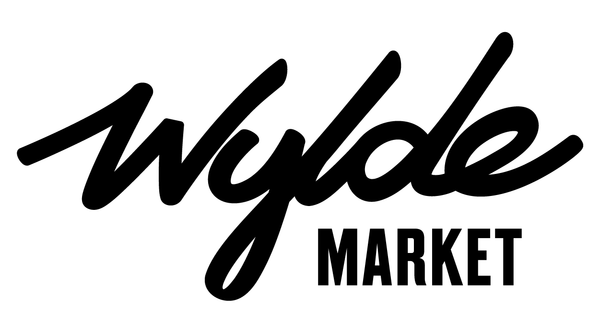
What's in a bottle of wine? Most of us think we know. But the truth is that we don’t. How could we? Wine labels, uniquely, don’t have to tell you. Come December, that all changes. The EU is requiring that all ingredients in wine will need to be listed. And some folk are in for a big shock. Because it ain’t just grapes…. Wine in the EU can legally contain up to 200 additives. Here’s just a few of them: tartaric acid, calcium alginate, potassium alginate, potassium caseinate, casein, isinglass, silicon dioxide, gelatine, acacia, milk/lactalbumin, proteins of plant origin, ovalbumin (egg white), alumino silicates, ferrous sulfate, polyvinyl-polypyr-rolidone (PVPP), activated charcoal, lactic bacteria, neutral potassium tartrate, potassium bicarbonate, calcium carbonate, copper sulfate, oak chips, metatartaric acid, concentrated grape must, rectified concentrated grape must, saccharose, oxygen, betaglucanase, pectolytics, urease, ammonium bisulphite, thiamine, hydrochloride, yeast cell walls, yeasts for wine production, diammonium phosphate, ammonium sulphate, ammonium sulphite, potassium ferrocyanide, calcium phytate, citric acid, calcium tartrate, potassium bitartrate, yeast mannoproteins, sorbic acid, sulphur dioxide, argon, nitrogen, potassium bisulphite, dimethyl dicarbonate (DMDC), carbon dioxide, potassium metabisulphite/disulfate, allyl isothiocyanate, lysozyme, potassium sorbate, ascorbic acid….. Dionysus must be spinning in his drunken, godly grave. The truth is that the lack of ingredient labelling has hidden the fact that most wine is farmed and produced industrially – with all the vicissitudes that this entails. When I first started to peel this rather rotten onion, I assumed that organic was the answer. Sadly not. It’s great, of course, that the grapes are grown organically. The problem is that a staggering amount of additives and odd procedures are still permitted in the organic wine making process. Which I how I came to natural wine. Natural wine is wine made like we all thought wine was made: grapes fermenting naturally and spontaneously with their own native yeast, and the absolute minimal amount of intervention. There’s an enormous amount more to say on this topic, but I won’t do it as well or as succinctly as Geordie Wine Guide Sean Evans does here. And if natural wine sounds like your kinda thing, stay tuned....
Nick PS – the market opens in September.
